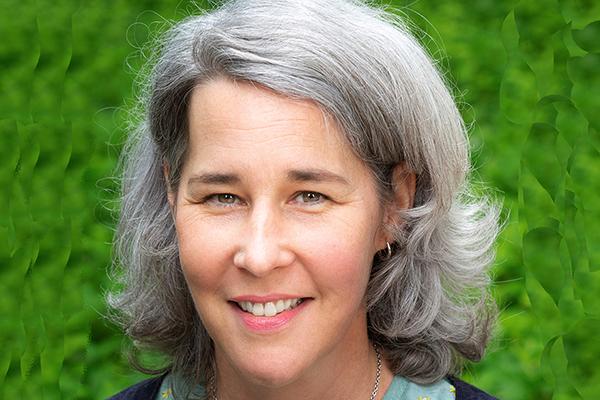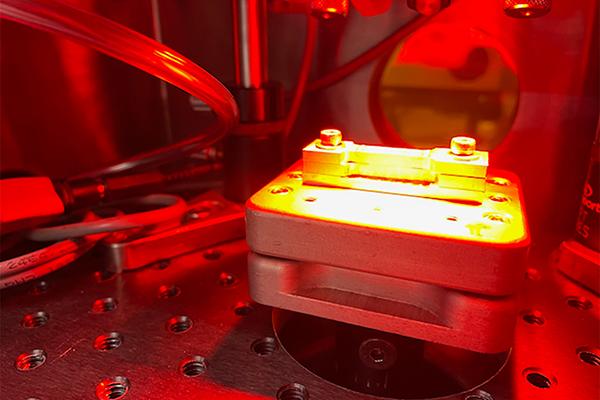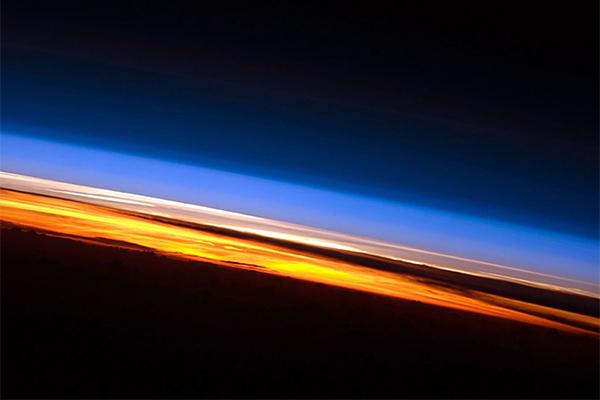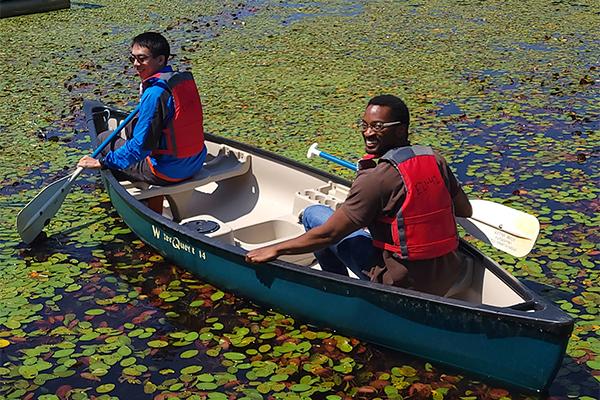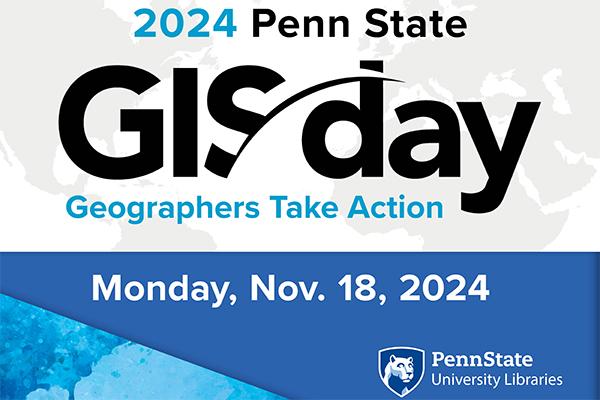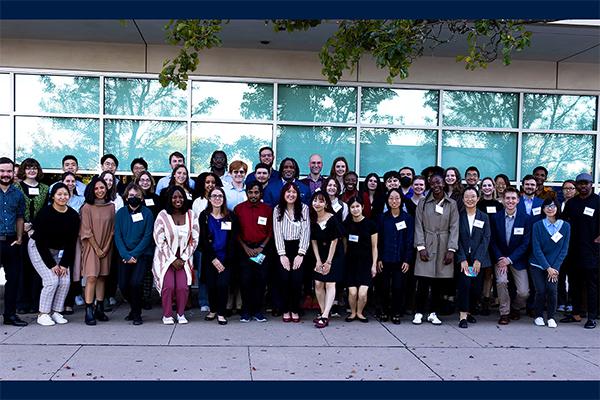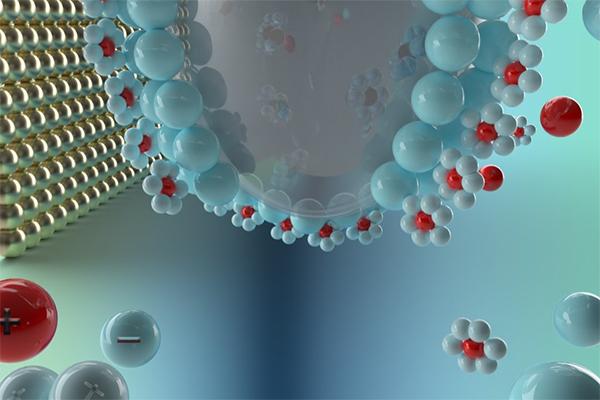Our graduate students are integral to the research we conduct, and they also are dedicated to making a difference in communities. Learn more about their research, outreach efforts, and other projects below.
News
Pamela Jagger, an applied political economist whose research focuses on the dynamics of poverty and environment interactions in low-income countries, will give the talk, “Pathways to Household Energy Transitions in Africa,” at noon on Wednesday, Feb. 5, in 157 Hosler Building on Penn State's University Park campus. Her talk is part of the spring Initiative for Energy and Environmental Economics and Policy (EEEPI) seminar series and is free and open to the public.
Fuel cells offer a form of clean energy across many sectors and are of particular interest in vehicles, where they produce no emissions. The production of fuel cells requires the use of a rapid laser welding process; however, welding at too high a speed results in humping, marked by surface irregularities on the weld seam.
The Earth and Environmental Systems Institute (EESI) EarthTalks spring 2025 series, “Broader Impacts and Community Engagement in Research Design,” will highlight innovative and effective ways for researchers to engage more meaningfully in the research design of public impact activities for earth and environmental systems research.
Maruf Morshed, assistant teaching professor in energy business and finance at Penn State, will give the talk, "Are Biofuels More Environmentally Friendly? The GHG Emissions Impacts of Increased Biofuel Production,” at noon on Wednesday, Jan. 29, in 157 Hosler Building on the University Park campus.
Mingyu Yu, doctoral candidate in materials science and engineering at Penn State, recently received the Graduate Student Research Award from the professional society AVS: Science and Technology of Materials, Interfaces and Processing for innovative research in two-dimensional materials.
A new approach for modeling solar radiation may improve our understanding of the atmosphere on early Earth and help in the search for habitable conditions on planets beyond our solar system.
An effort that began three years ago in the Penn State College of Earth and Mineral Sciences (EMS) is helping to elevate the experiences of graduate students within the college.
Penn State University Libraries will observe GIS Day — an annual event celebrating the technology of geographic information systems (GIS) — with sessions on Nov. 18 and a trivia event on Nov. 19.
The J. Jeffrey and Ann Marie Fox Graduate School at Penn State named 110 graduate students as recipients of the 2024-25 University Graduate Fellowships and Distinguished Graduate Fellowships.
Batteries power everything from smartphones to electric vehicles. Penn State and industry researchers have developed a method, which could potentially reveal new ways to improve battery efficiency and lifespan.


